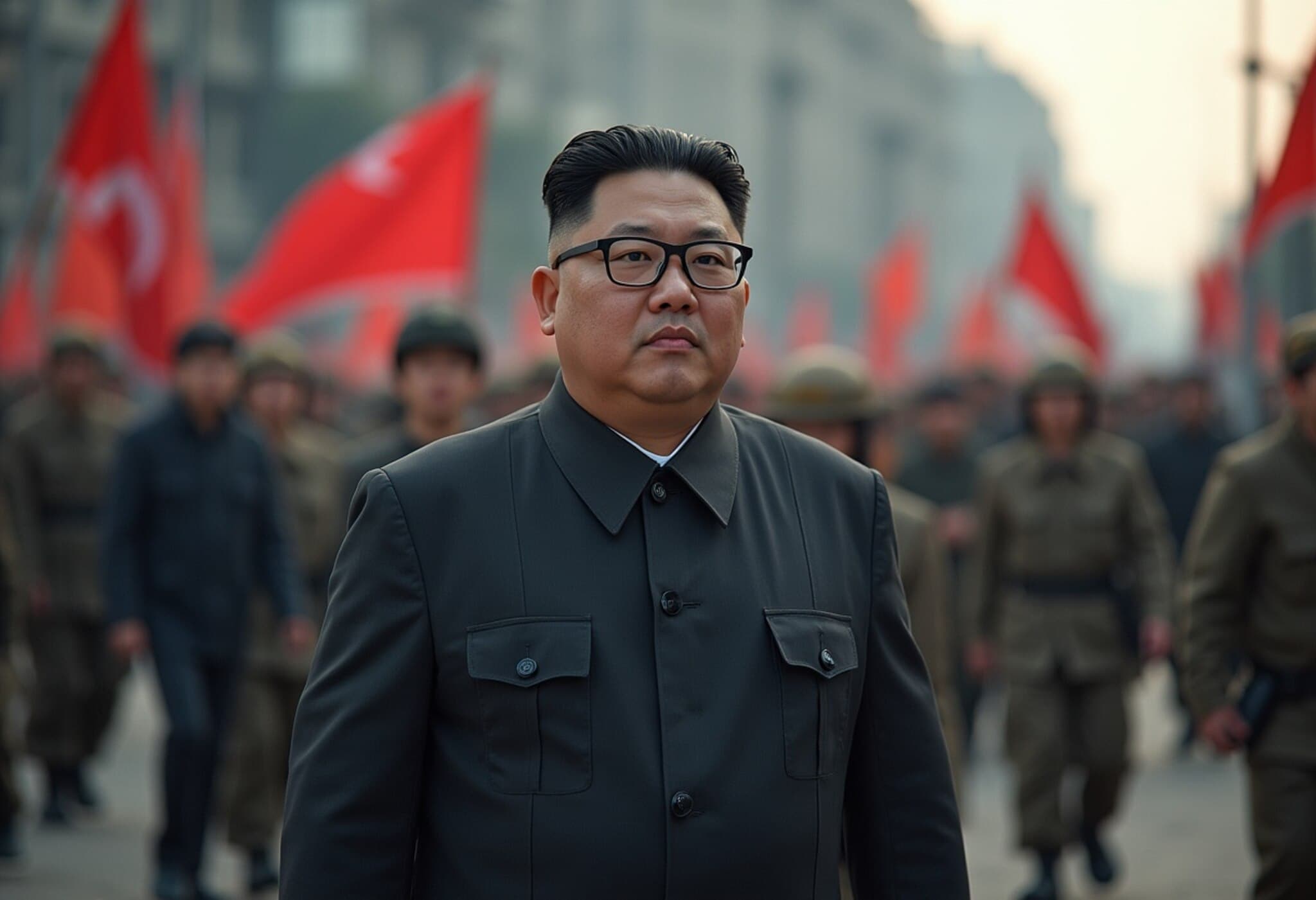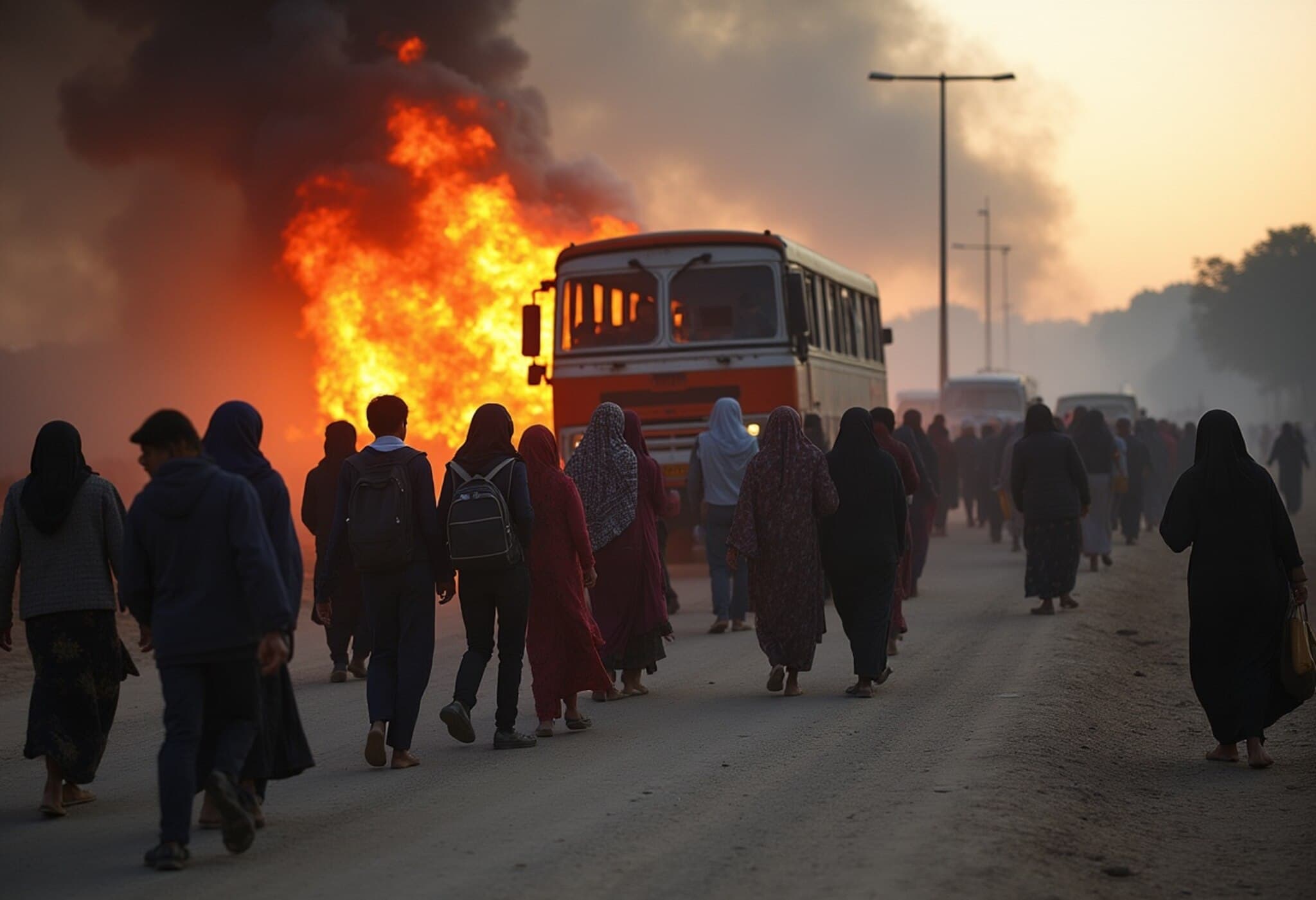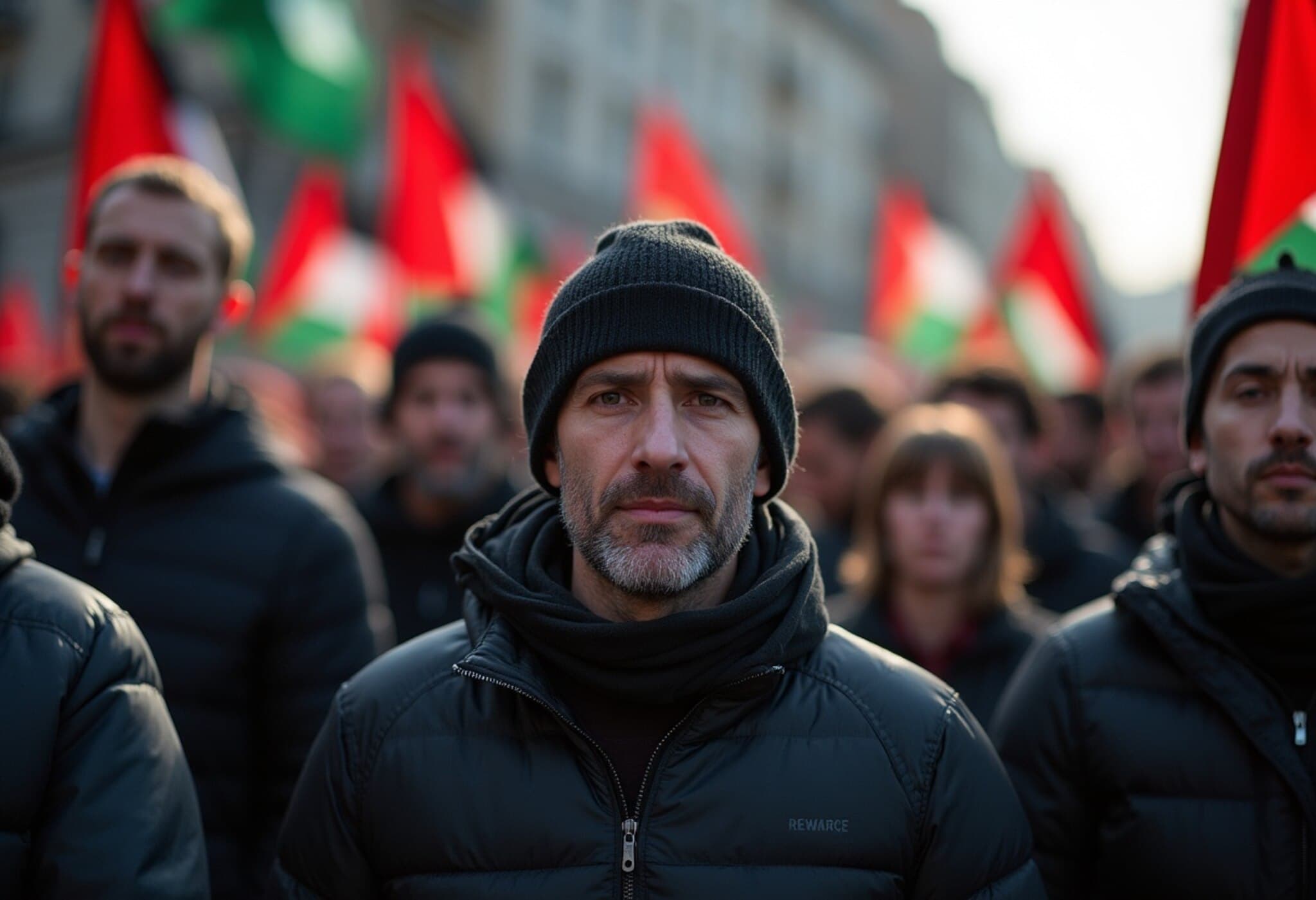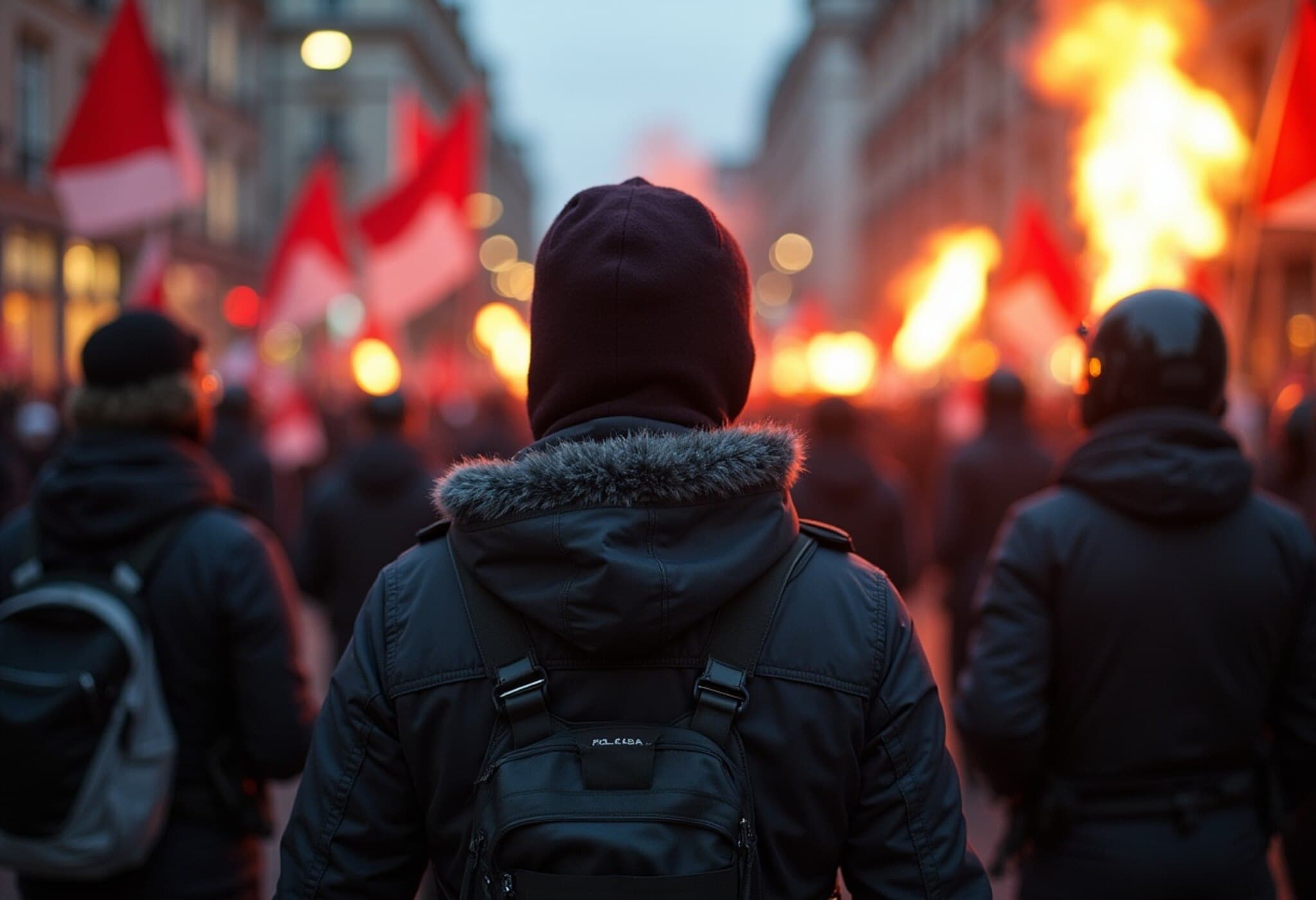Harsh Realities of North Korean Labor in Russia Amid Continued Conflict
As the Ukraine war continues to disrupt labor markets in Russia, a shadow workforce of over 50,000 North Korean laborers has stepped into the breach—yet their stories reveal a grim and often brutal existence that experts and escapees liken to modern-day slavery.
Forced Labor Under Ideological Control
According to South Korean intelligence and recent BBC investigations, these North Korean workers are funneled into roles ranging from construction projects to factories and IT centers across Russia. Despite United Nations sanctions banning North Korea’s overseas labor exports, the labor force remains sizable and largely invisible.
Escaped workers describe harrowing conditions, marked by excessive working hours—often more than 18 hours a day—and relentless surveillance by North Korean agents on-site. Jin, one escapee, recounted being warned that “the outside world is our enemy” while being escorted directly from the airport to a remote construction zone.
Life on the Edge: Physical and Psychological Abuse
Another worker, Tae, shared how the grueling schedule left him physically incapacitated: waking up with hands paralyzed from the previous day’s toil. Fellow laborers often succumbed to exhaustion, reportedly falling asleep while standing and sometimes being beaten by supervisors.
Professor Kang Dong-wan, who specializes in North Korean labor issues, emphasized the dangerous working environment, which commonly lacks proper safety equipment and lighting, forcing workers to operate at night in hazardous conditions.
Deplorable Living Conditions and Limited Medical Access
The workers predominantly sleep in cramped shipping containers or unfinished buildings with poor sanitation, intensifying health risks. Nam, an escapee, suffered a serious four-meter fall but was denied hospital treatment by officials, illustrating the callous disregard for their well-being.
Fleeting Rewards and Controlled Freedom
Although overseas employment offers higher nominal pay than domestic jobs in North Korea, most earnings are confiscated by Pyongyang as 'loyalty fees'. Workers reportedly receive a meager monthly allowance—typically between $100 and $200—only after they return home.
Tae decided to escape after discovering foreign laborers in Russia earned substantially higher wages for less demanding work, describing his former experience as “a labor camp; a prison without bars.” Some workers have ingeniously saved funds to acquire second-hand mobile phones, arranging escapes and external assistance.
However, North Korean authorities have recently tightened restrictions, ramping up mandatory ideological sessions and limiting excursions, often forcing workers to travel in closely monitored groups.
Regional Implications and Ongoing Challenges
Kim Seung-chul, an activist based in Seoul who aids escaping North Koreans, reports that surveillance has become more stringent, reducing opportunities for workers to break free.
The South Korean government confirms a decline in the number of North Koreans managing to escape Russia, with figures halving since 2022. Political analyst Andrei Lankov of Kookmin University notes that these workers embody “the lasting legacy of Kim and Putin’s wartime friendship” and predicts the labor flow will persist even after the Ukraine conflict subsides.
Expert Perspective: A Human Rights Blind Spot Amid Geopolitical Strife
This situation exposes critical questions about global enforcement of UN sanctions and the ethical responsibilities of the international community. The exploitation of these workers not only violates fundamental human rights but also illustrates how geopolitical tensions can create shadows where abuse thrives unnoticed.
From a policy standpoint, American and Western stakeholders might consider amplifying diplomatic pressure on Russia and Pyongyang to ensure compliance with labor and human rights norms, particularly in conflict zones where accountability is scarce.
Key Takeaways
- Over 50,000 North Korean workers face exploitative conditions in Russia, filling labor shortages caused by the Ukraine war.
- Workers endure extensive hours, physical abuse, and surveillance, with many describing their situation as enslaved labor.
- Most wages are seized by the North Korean regime, leaving workers with minimal personal earnings.
- Escape attempts are increasingly difficult due to tighter control measures.
- The bilateral relationship between North Korea and Russia fuels a persistent flow of laborers, raising concerns about long-term human rights impacts.
Editor's Note
As global attention fixates on the Ukraine conflict, the plight of North Korean laborers in Russia underscores a lesser-known humanitarian crisis. Beyond geopolitical chess games lie stories of endurance and courage amid systemic exploitation. This raises pressing questions about how the international community can improve human rights oversight in conflict zones and labor migration. It also reminds us that behind every statistic is a human life navigating the complexities of fear, hope, and resilience.











